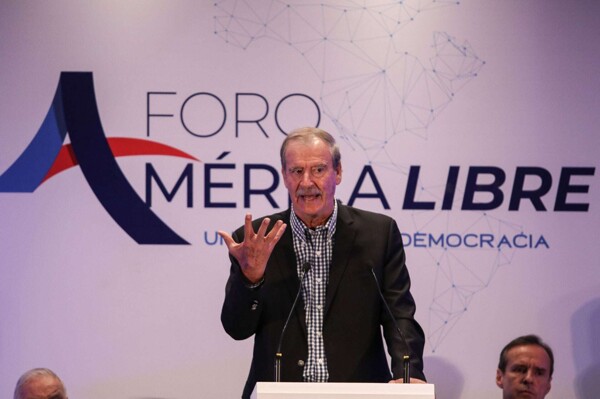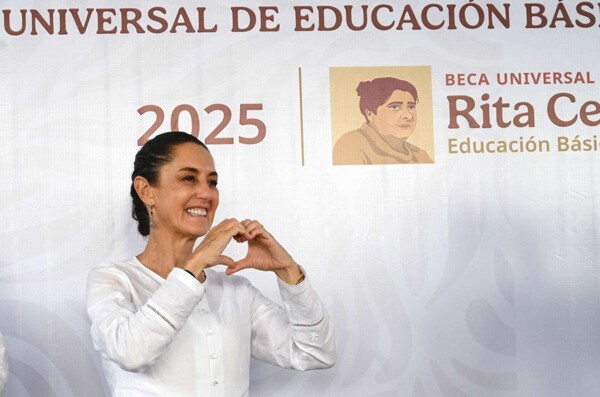
A proposed reform to the health insurance, which suggests that the contributions of public servants with higher incomes and the contributions of entities be calculated on the integrated salary, has generated debate. According to UAM researcher Gustavo Leal, this measure is considered arbitrary and progressive. Currently, everyone pays a fixed contribution based on the base salary, but the proposal seeks segregation between insured individuals with different income levels.
9.7% of active members of ISSSTE would be affected by this modification, as well as the government itself. Although adjustments have been made in similar areas in the past, some sectors believe that this reform implies a sort of double taxation. Congress is expected to carefully review this initiative to avoid possible impacts on workers.
According to the proposal, 9.7% of public servants will have to contribute based on the integrated salary, while the rest will maintain the contribution based on the base salary. This situation has raised concerns among various sectors, including teachers, who fear a reduction in their income due to this measure.
The general secretary of SNTE, Alfonso Cepeda Salas, has expressed his concern over the possible economic impacts this reform could have on teachers in Mexico. It is argued that the resources allocated to the ISSSTE health insurance have historically been insufficient, and this measure aims to increase the burden on those workers with higher salaries, instead of addressing the issue of low base salaries for all public servants.
Amid this debate, questions arise as to whether the proposed reform truly benefits workers or whether, on the contrary, it results in detriment to certain sectors. Analysts and union representatives have expressed their concern over the possible negative effects this initiative could have on public sector workers, calling for a thorough review before final approval.














